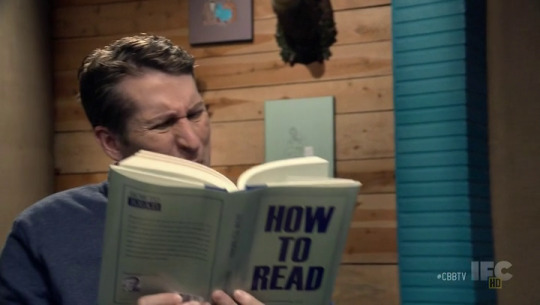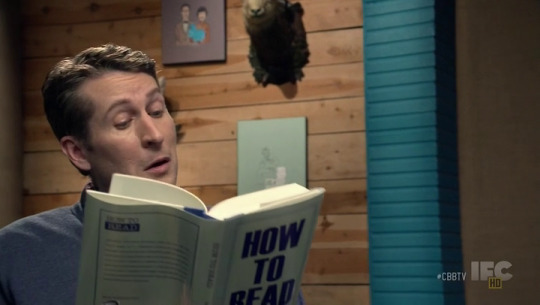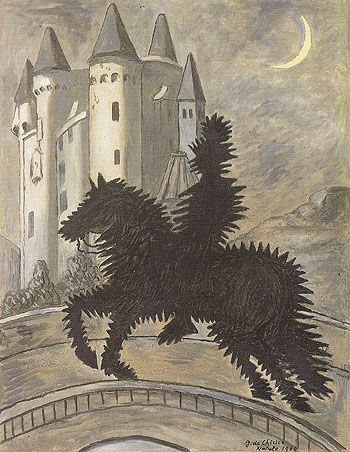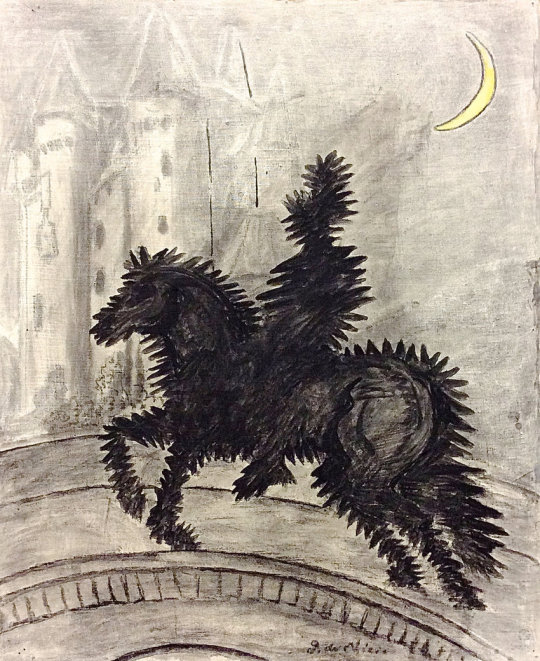Text

Piet Mondrian (Dutch, 1872 - 1944)
"Village Church" (ca. 1898)
Gouache on paper (75 x 50 cm)
Museum Villa Mondrian, Winterswijk, Netherlands.
11 notes
·
View notes
Photo

“For years I said if I could only find a comfortable chair I would rival Mozart.” Morton Feldman
80 notes
·
View notes
Photo

Snail nestled in the eye socket of a skull on a headstone in Olsany Cemetery, Prague.
Photo by Owen Phillips
70K notes
·
View notes
Text
The Great Gatsby 2
… they thought he was dead…
……..but they rebuilt him…
…faster … stronger … smarter…
old sports die hard
In
The Great Gatling-Gunsby
West Egg is about to be Scrambled
249K notes
·
View notes
Photo
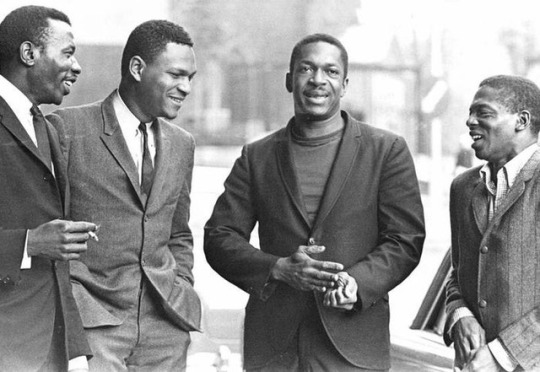
The John Coltrane Quartet
Elvin Jones, McCoy Tyner, John Coltrane and Jimmy Garrison
243 notes
·
View notes
Video
13K notes
·
View notes
Photo
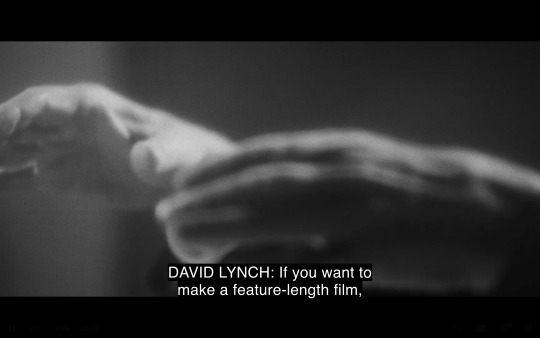
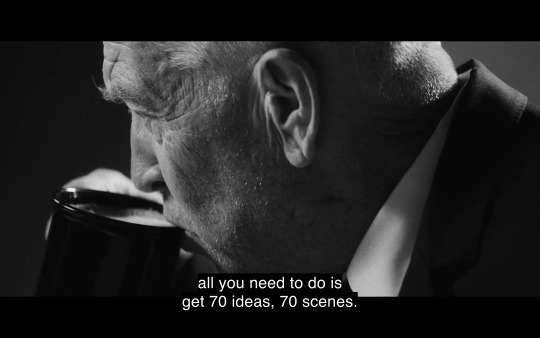



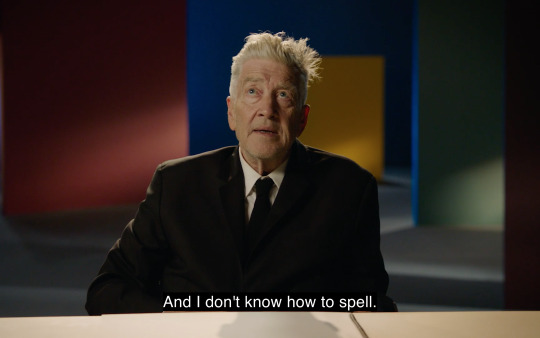

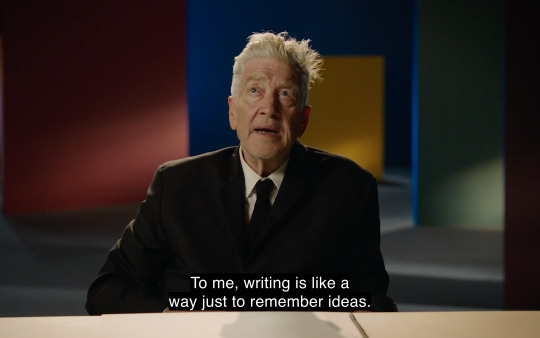
DAVID LYNCH TEACHES CREATIVITY AND FILM - “Creativity and the Writing Process”
15K notes
·
View notes
Photo

A bird rests on the head of a white-tailed deer roaming free in San Jose Villanueva, El Salvador.
Photograph: Marvin Recinos/AFP/Getty Images
15K notes
·
View notes

